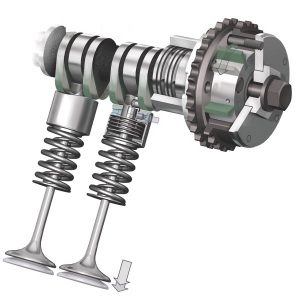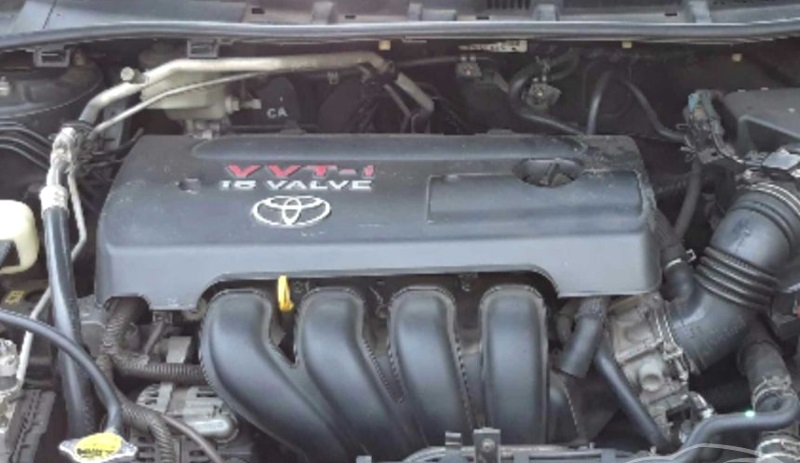What’s Variable Valve Timing All About?

If you’ve ever been stuck in stop-start traffic on Ulster Street, or chugging up the hills towards Morrinsville with your Toyota RAV4 packed full, your car’s Variable Valve Timing (VVT) is quietly working away in the background. Basically, VVT is a smart bit of tech that tweaks how your engine’s valves open and close. The end result? Smoother performance, better fuel economy, and less nastiness coming out the exhaust.
It’s in almost every modern engine you’ll see around Hamilton, whether it’s a Mazda Axela, Honda Jazz, or that tidy little Peugeot 308 someone drops off for a WOF. The VVT solenoid is the bit that controls everything. It’ll kick in when you put your foot down up the Cambridge Road hill or you’re towing a trailer out to Ngaruawahia. The car senses you need extra oomph, and the VVT system adjusts things so the engine breathes easy and chucks out the power you need.
If you’re curious to geek out a bit more, there’s a handy rundown over at How Variable Valve Timing Works.
What Messes Up VVT?
Dodgy VVT Solenoid – Nine times out of ten, if you’re getting VVT problems, it’s the solenoid. Seen it plenty of times. When these get tired or jammed up, the oil flow inside your engine goes a bit wonky. Your engine won’t be happy, and you might even hear it before you notice it driving weird.
Filthy or Old Oil – VVT systems love fresh oil. Seen heaps of poor old Suzuki Swifts and Audi A4s in here with oil you could nearly stand a spoon in. Dirty oil clogs up the VVT passageways and things get sticky. Next thing you know, your engine’s down on power and running rough. Regular oil changes are a must.
VVT Sensors on the Blink – If your sensors aren’t reading right, the whole system can go out of whack. That’s when you get that classic Check Engine Light on the dash, like we saw on a customer’s Kia Sportage the other week. The timing can end up way off – too advanced or too late – and it’ll make a real pig’s ear of your fuel economy and driveability.
How Can You Tell If Your VVT’s Playing Up?
Check Engine Light – If this pops up after a trip down Peachgrove Road, best to get it scanned pronto. Could be nothing, but could save you a headache later. We do vehicle scanning in Hamilton, quick as, to sort out what’s going on.
Terrible fuel usage – All that Hamilton stop-start, hot summers, and cold foggy mornings out in Te Kowhai mean your car’s VVT system is getting a workout. If you notice you’re filling up more even though you’re not doing big KMs, could be VVT timing off and wasting petrol.
Sluggish acceleration – Feels like the car’s lost its get-up-and-go, especially when you’re loaded with the family on a day out to Raglan. The VVT might not be kicking in like it should.
More exhaust smoke or failed emissions – Seen the odd BMW 318i or late-model Kia belching smoke after the VVT went funny. Gets worse in winter. Not great for passing a WOF either.
Got VVT Worries? Here’s What We Do in Hamilton Workshops
Here at Grimmer Motors, our techs see all sorts, from Nissan Tiidas to SsangYongs to the odd late-model Alfa Romeo. We can scan, check, and sort out your VVT system, even swap in a new solenoid or sort replacement sensors if needed. Makes a world of difference for fuel efficiency and smooth running around Rototuna, Frankton, or wherever you’re heading next.
If you’re worried about your VVT or just want a general car service Hamilton drivers trust, book in with us. We’ll speak plain English, show you what’s actually going on, and get your car sorted fast.

